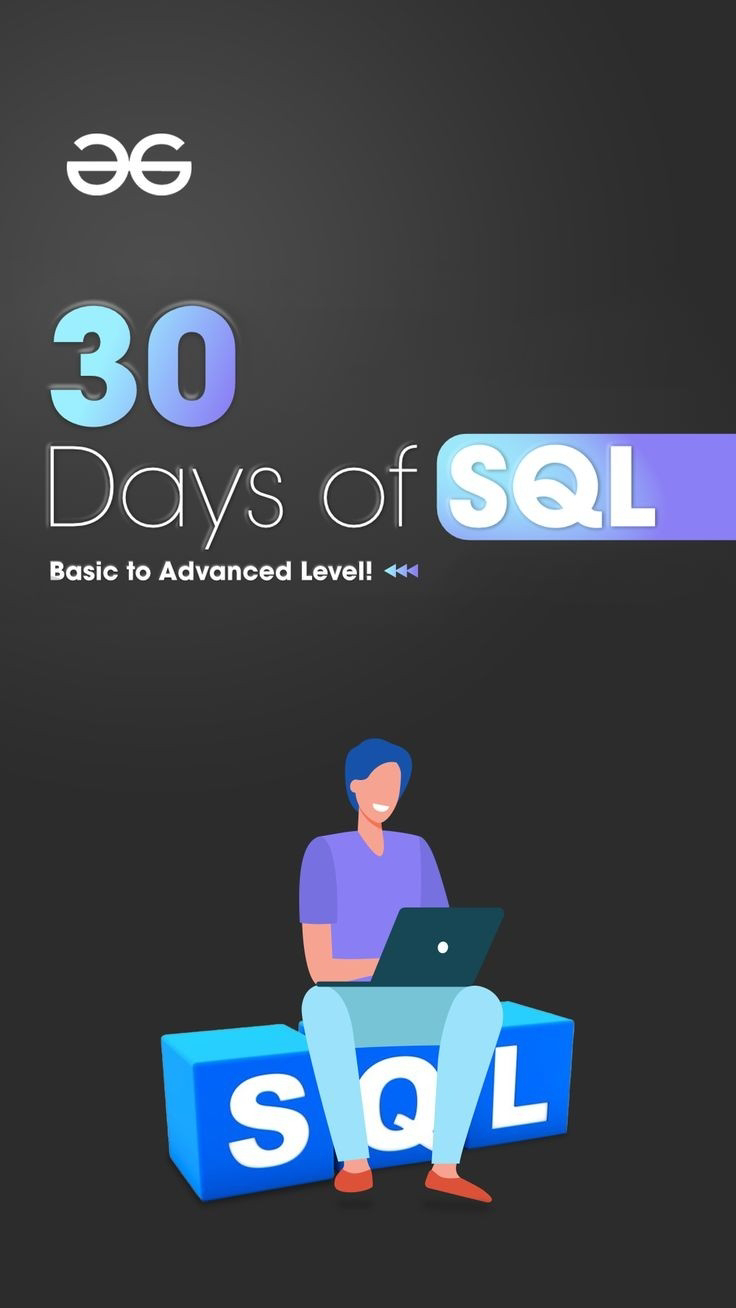C LANGUAGE FOR ADVANCE
For a professional programmer, C is a versatile and powerful language with a long history of use in various domains, including systems programming, embedded systems, game development, and more. Here are some key considerations and practices when using C as a professional:
1. **Solidify Fundamentals:** Ensure you have a deep understanding of C fundamentals, including pointers, memory management, data types, and the standard library. This is the foundation of C programming.
2. **Coding Standards:** Adhere to a consistent coding style and follow established coding standards. Consistency in code makes it more readable and maintainable, which is crucial for professional projects.
3. **Version Control:** Use version control systems like Git to manage your code. This allows you to track changes, collaborate with others, and manage different versions of your software.
4. **Modular Design:** Divide your code into modular functions and structures. This promotes code reusability and maintainability. Aim for a clean, organized codebase.
5. **Memory Management:** Be meticulous about memory management. Avoid memory leaks, buffer overflows, and other common pitfalls. Leverage tools like Valgrind to help with memory debugging.
6. **Optimization:** In professional programming, efficiency often matters. Optimize your code for performance when necessary, but remember to balance this with readability and maintainability.
7. **Documentation:** Document your code thoroughly. Use comments to explain your logic and function headers to describe their purpose and usage. This helps you and others understand the code.
8. **Testing and Debugging:** Write unit tests and integration tests to ensure the correctness of your code. Use debugging tools and techniques to find and fix issues.
9. **Security:** Be mindful of security concerns. Sanitize inputs, avoid buffer overflows, and follow security best practices to protect your software from vulnerabilities.
10. **Portability:** Write code that's as portable as possible. Be aware of platform-specific differences and use conditional compilation when necessary.
11. **Leverage Libraries:** C has a rich ecosystem of libraries. Utilize established libraries and frameworks to avoid reinventing the wheel and save development time.
12. **Error Handling:** Implement robust error handling in your code. Don't ignore errors; handle them gracefully, providing meaningful feedback to users and developers.
13. **Concurrency:** Understand and apply concurrency concepts when dealing with multi-threading or parallelism, using tools like pthreads or OpenMP.
14. **Static Analysis:** Consider using static code analysis tools to catch potential issues early in the development process.
15. **Continuous Integration:** Implement continuous integration (CI) processes to automatically build, test, and validate your code whenever changes are made to the repository.
16. **Code Reviews:** Engage in code reviews to get feedback from peers. This helps maintain code quality and promotes knowledge sharing.
17. **Performance Profiling:** Use profiling tools to identify bottlenecks in your code and make data-driven optimizations.
18. **Maintain Documentation:** Keep your project documentation up to date. This includes architectural diagrams, data flow charts, and system-level documentation.
19. **Open Source Contribution:** Consider contributing to open-source C projects. This can enhance your skills and expand your network.
20. **Stay Updated:** Keep abreast of C language developments and best practices. The C language is stable but not stagnant.
C is a powerful language that can be a valuable tool for professional programmers. When used effectively and following these best practices, it can help you create robust, efficient, and maintainable software solutions.


Comments
Post a Comment